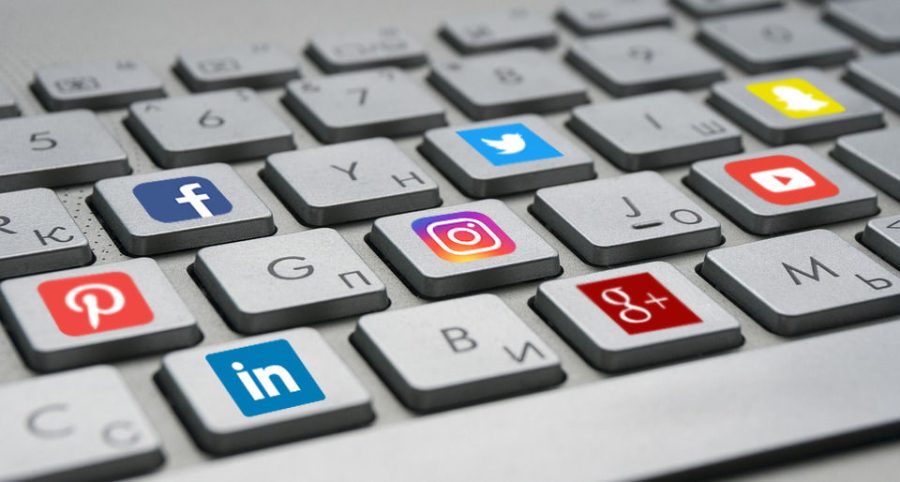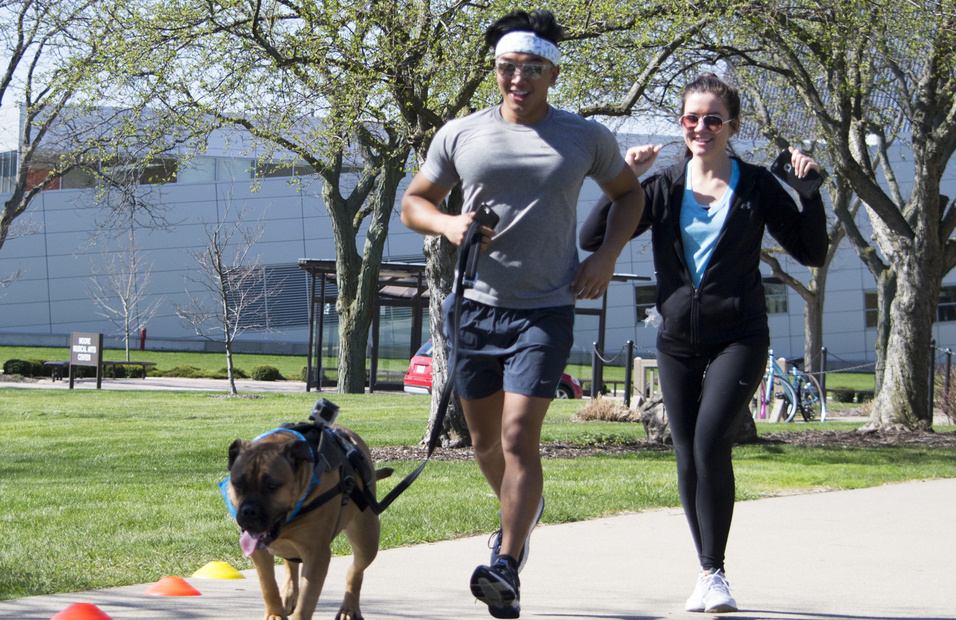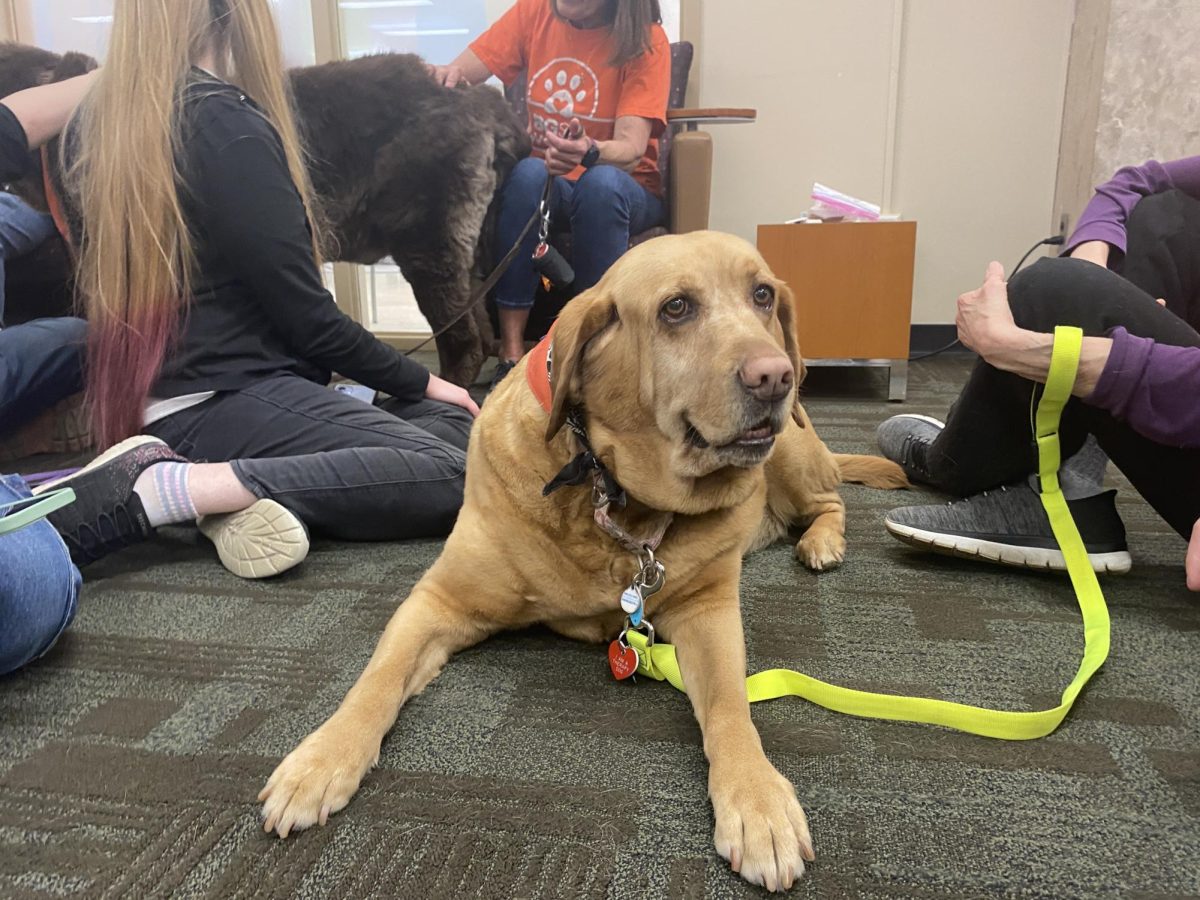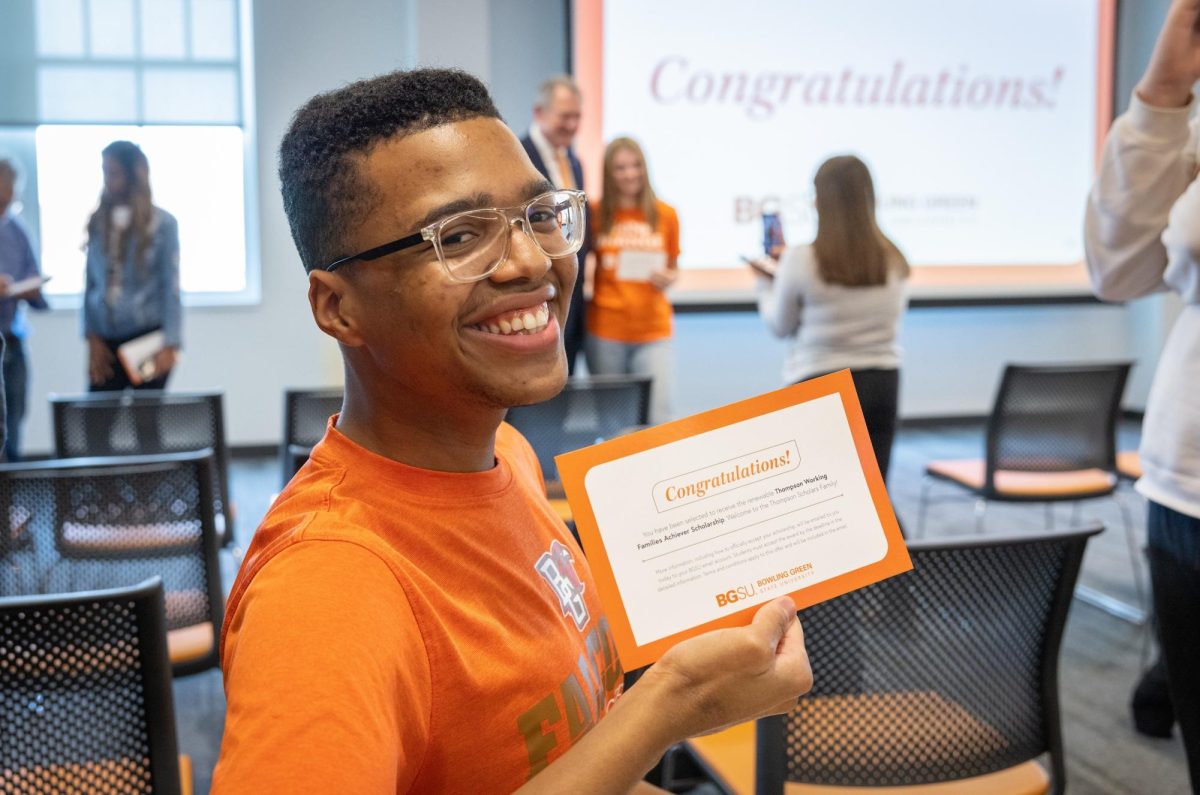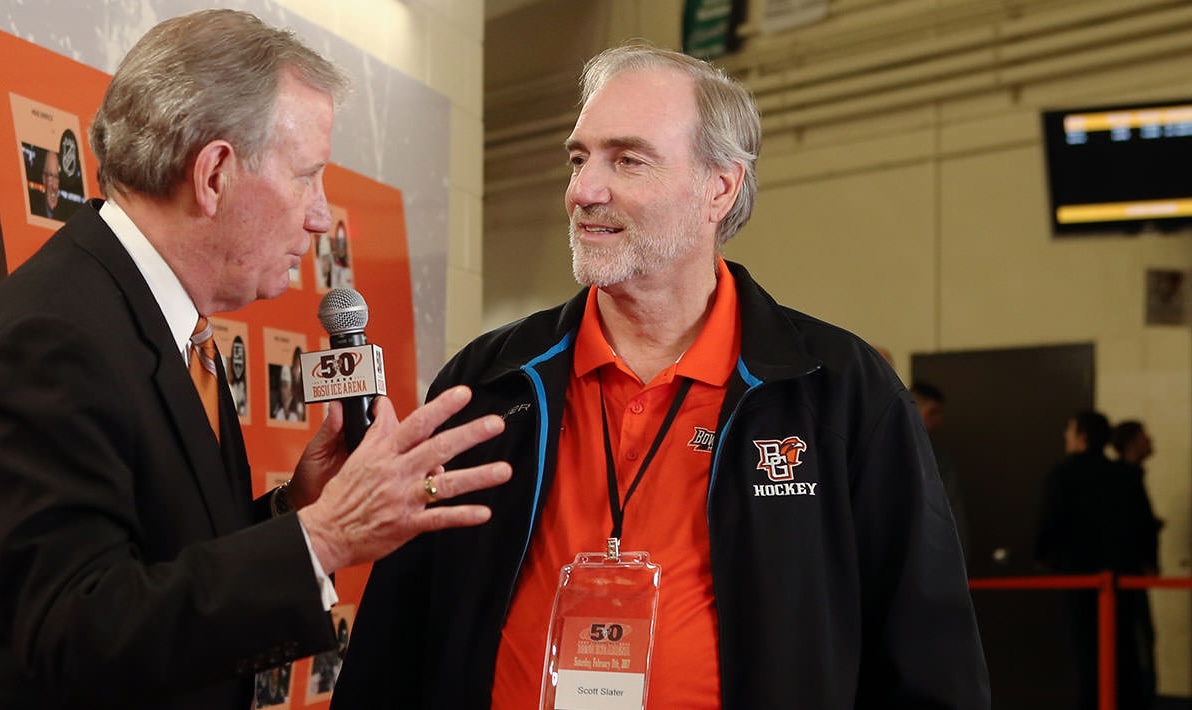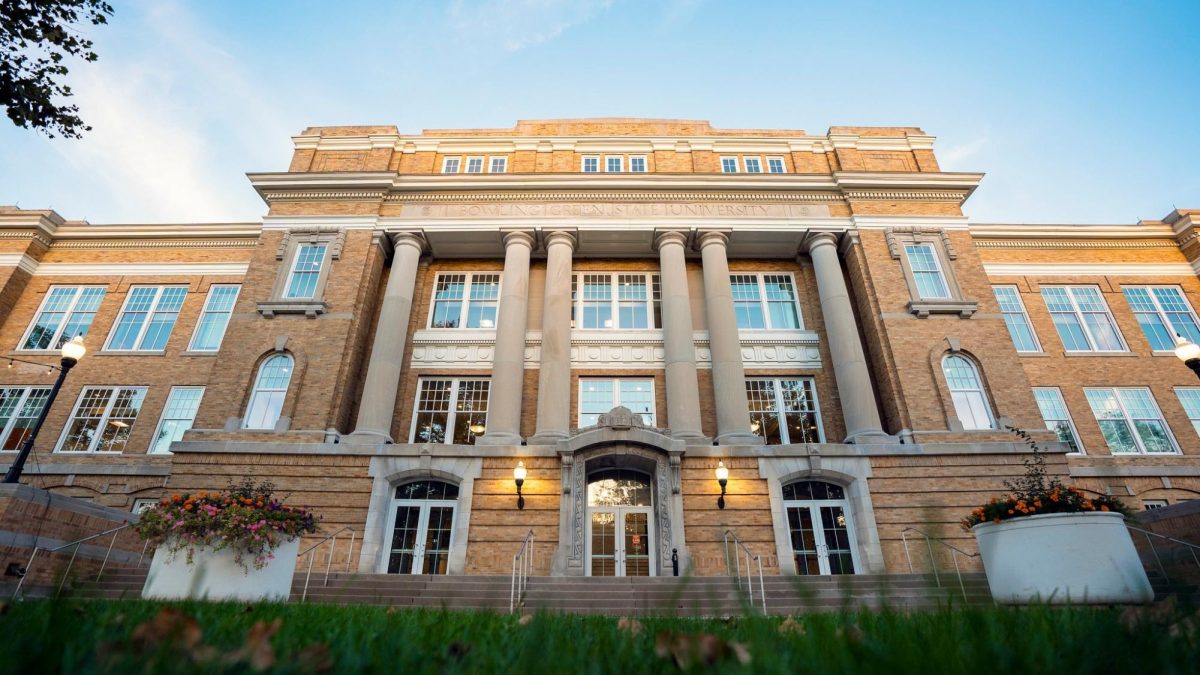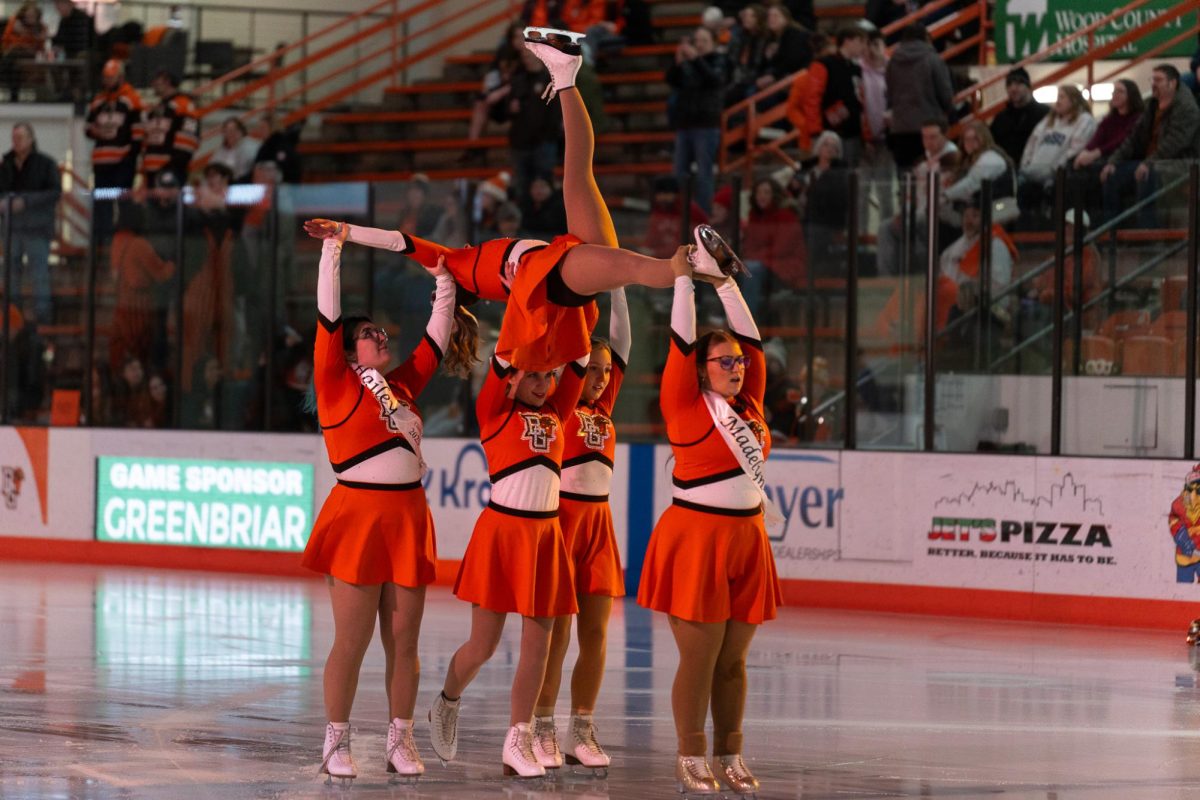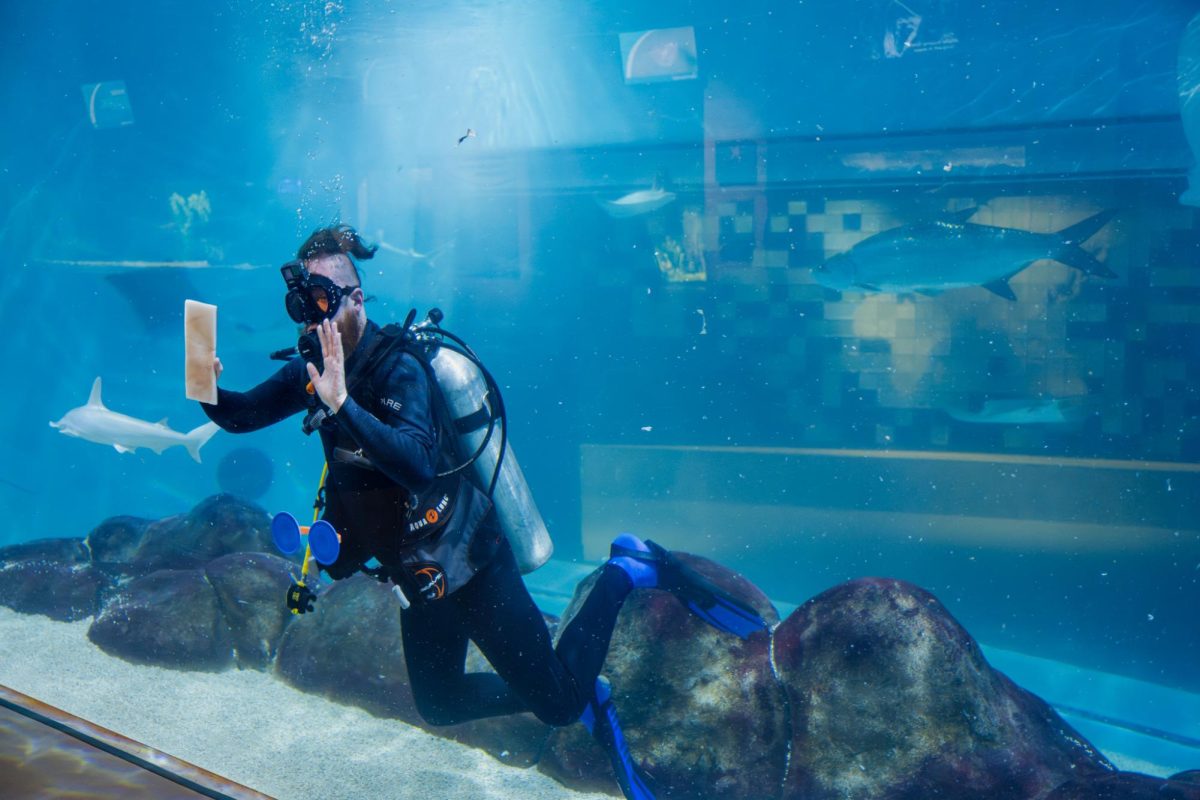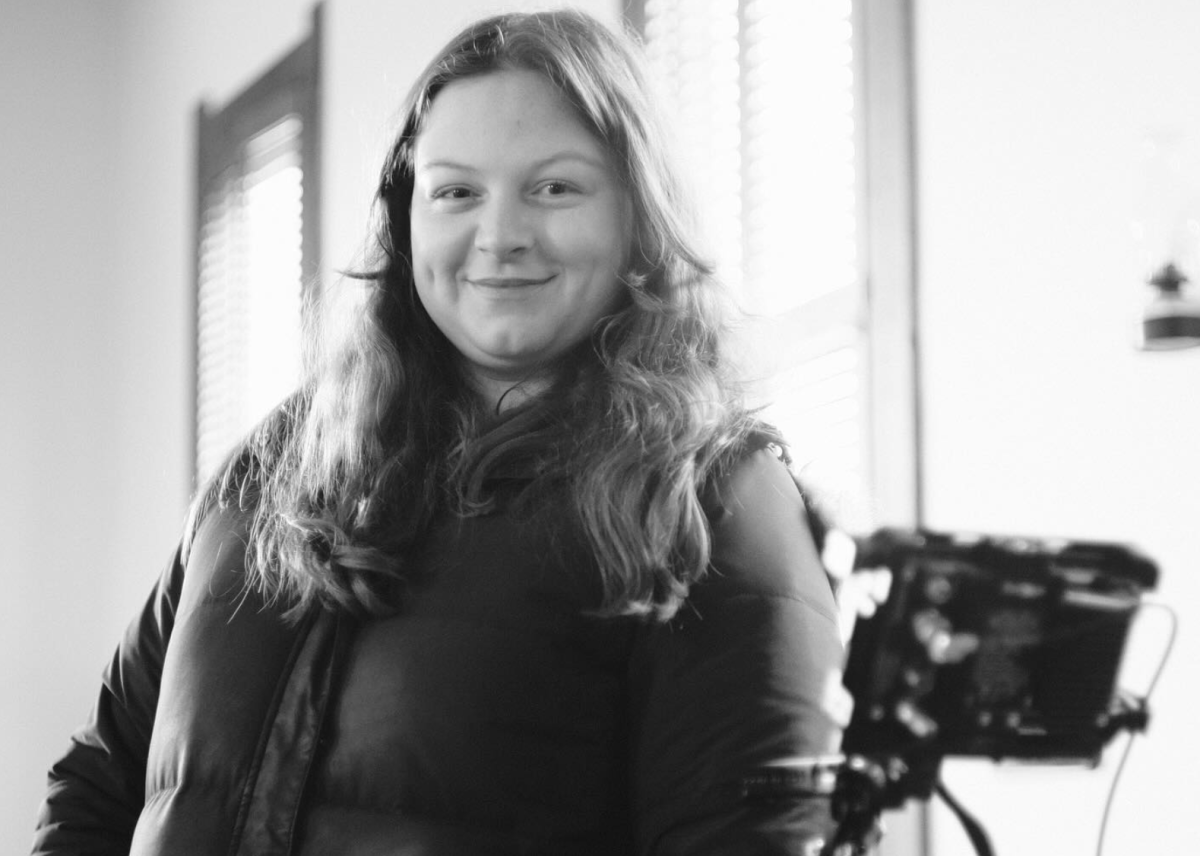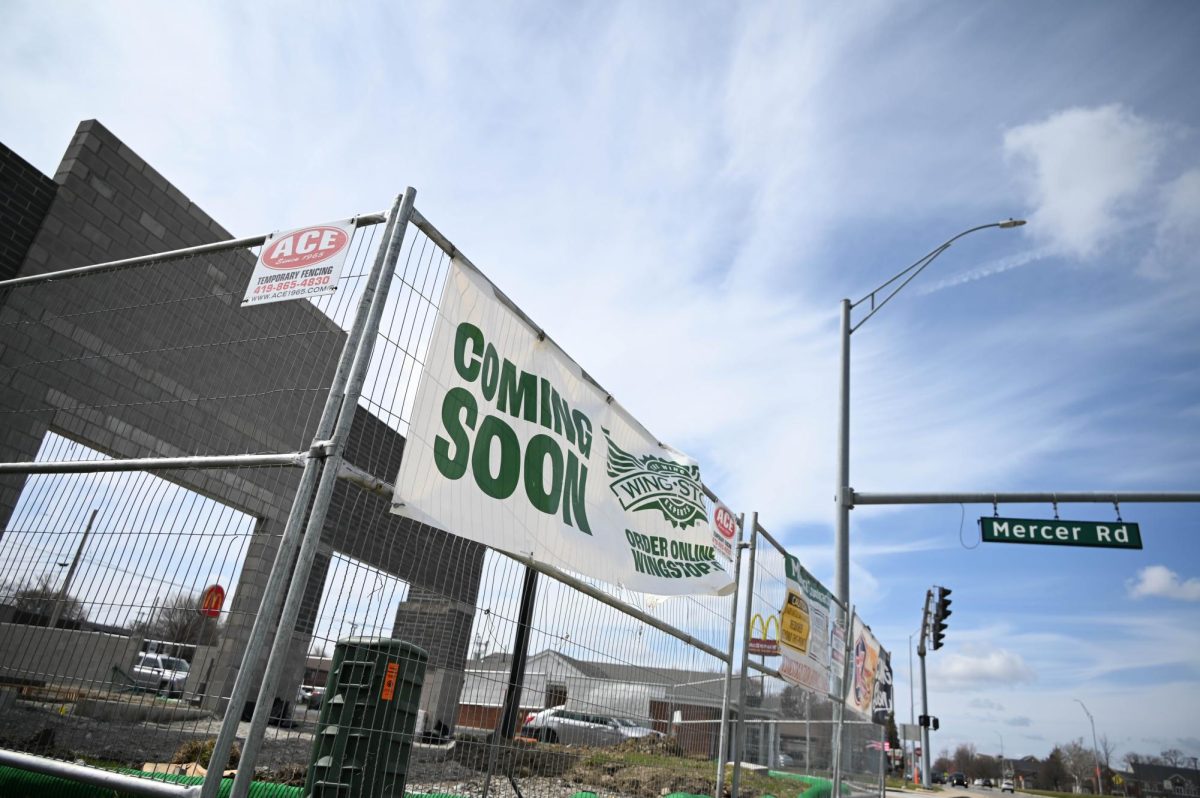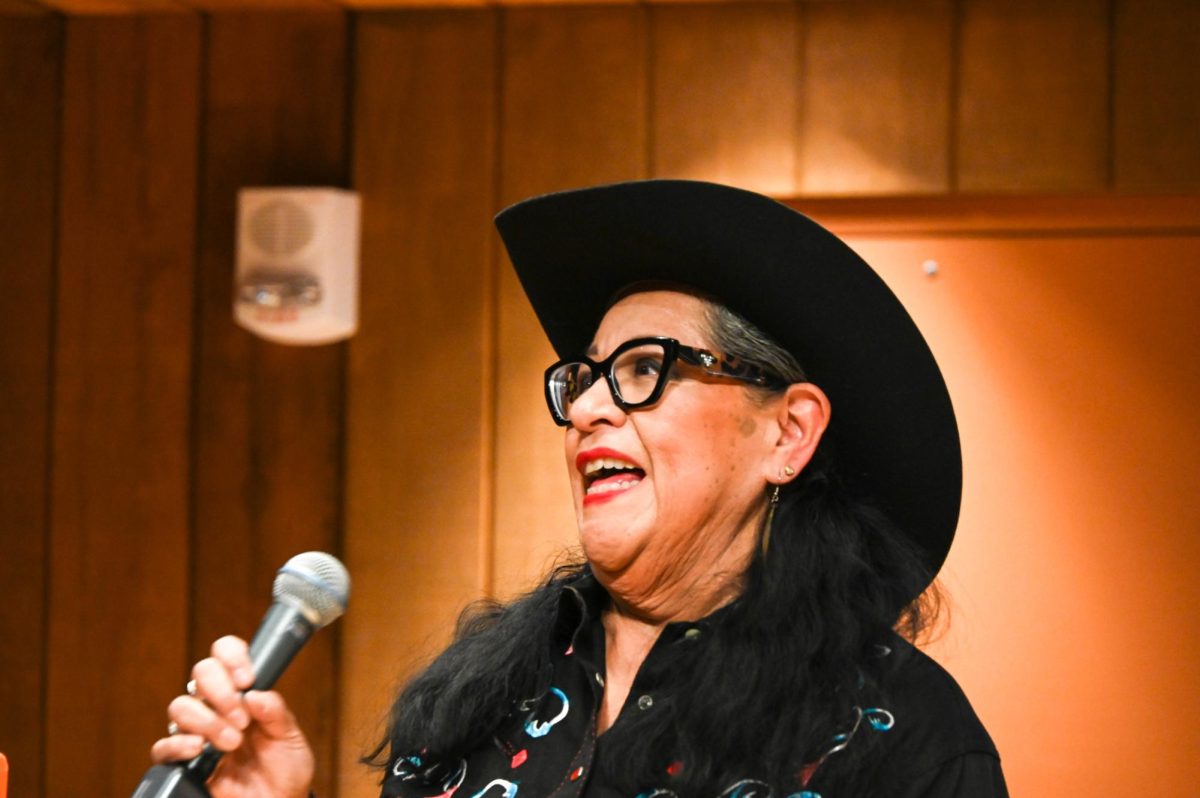With Virginia Gov. Ralph Northam’s recent blackface scandal, as reported by CBS News, some colleges are reviewing campus culture, looking for skeletons in their closets. Are BGSU students prepared to handle the risks increased scrutiny places on their increasingly public social media lives?
Students using social media don’t always see the big picture, said Dakel Patterson, assistant director at the BGSU Career Center.
“It’s branding. No matter what social media is, it’s branding,” Patterson said.
He led a session on social media use during the Backpacks to Briefcase seminar over the winter session. He feels students don’t always understand the dangers associated with what they post and who they allow access to their social media. He claims social media has both a positive and negative side, depending on its use.
“If you’re not looking at it through a lens of commercial promotion for people to see and get a snapshot or a glimpse as to who I really am, you just look at it as, ‘Oh, I just get a chance to connect with my friends and family, and we get to have fun,’” he continued.
Patterson sees using it in that way as a waste of opportunity. He also feels many students haven’t been given the skills to understand the best ways to optimize the tools social media can afford, setting them up for the pitfalls Northam is facing right now.
However, Montana Miller, Ph.D., sees things differently. Interacting with students in the Department of Popular Culture, she feels they are becoming more aware of the risks of social media.
“I do get the sense that kids are more aware of needing to be careful things they post don’t represent them in a way that will make them look bad to future employers. Still, in spite of the awareness, there are a lot of people who will behave terrible anyway. But that’s not just limited to kids,” she said.
She feels any college looking into its history will likely find skeletons in its closet.
“I bet you would find shocking, offensive, racist and sexist stuff if you looked hard enough,” Miller said.
She doesn’t feel BGSU is exempt. Haley Weis, PanHellenic Council vice president for standards, disagrees.
“I definitely believe that BGSU is constantly working on improving inclusion on-campus. Sometimes it is difficult to see that on a large spectrum, but the university really tries hard to promote inclusion amongst students and faculty,” Weis said.
The sophomore broadcast journalism major believes BGSU Greek life works hard to protect student’s safety on campus and on social media.
Patterson has a final warning, though. He sees a dangerous side of social media: lack of interaction. He says anyone can put something out there, and there is no way to refute it or to verify it.
“If I say something and someone snip-its and edits it or misinterprets it or whatever the case may be, there’s so much information going out — you don’t have the opportunity to rebut or clarify. They just take it for what it is.,” Patterson said.
Both Miller and Patterson agreed social media without context is a dangerous thing. Patterson says the only person who can control the context of one’s social media is that person and to avoid the pitfalls by turning social media into one’s own personal commercial.
Both Miller and Patterson have hope BGSU students have the potential to choose wisely and manage social media safely and avoid blunders made by public figures today.


